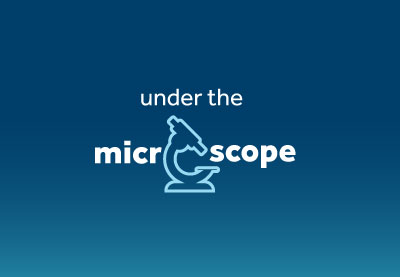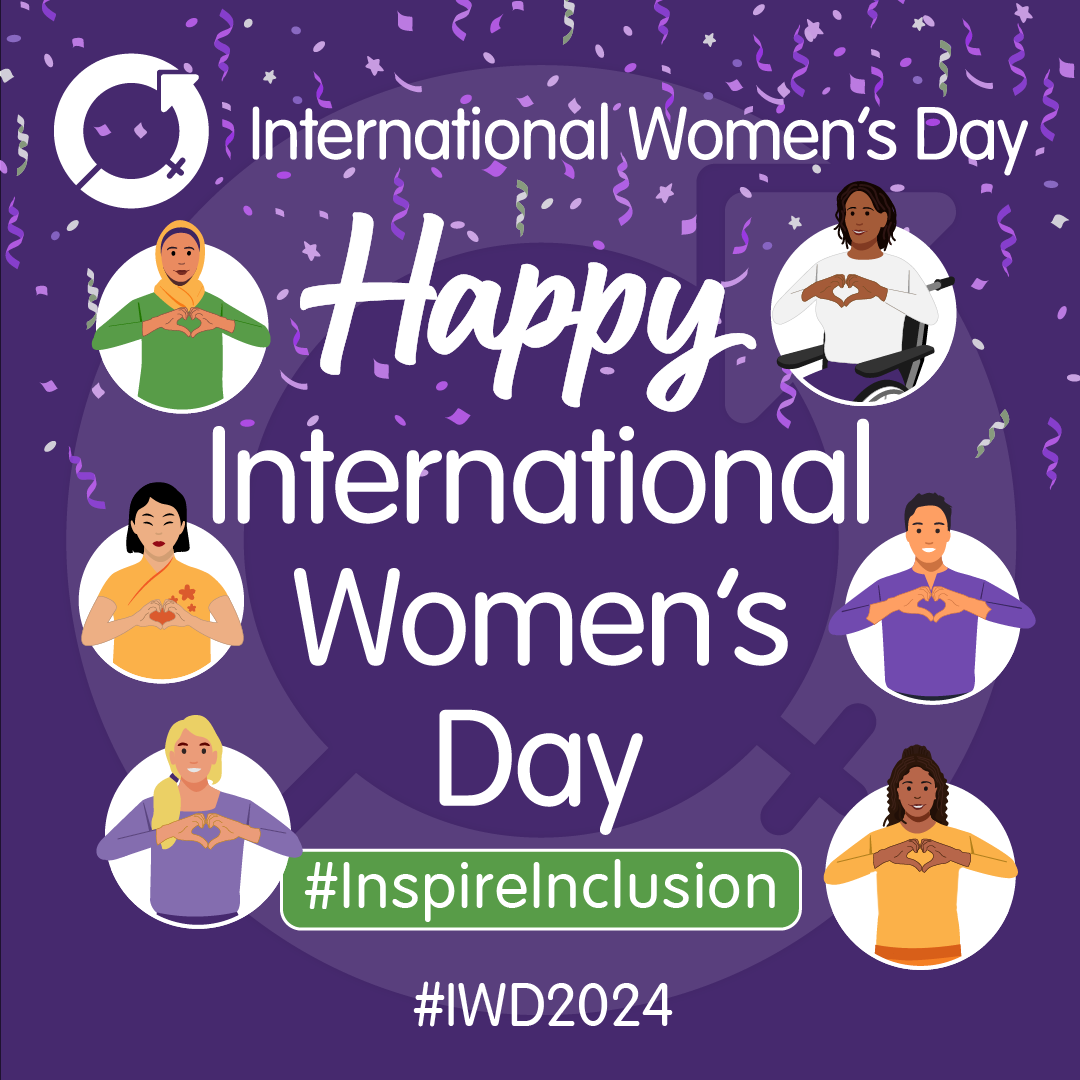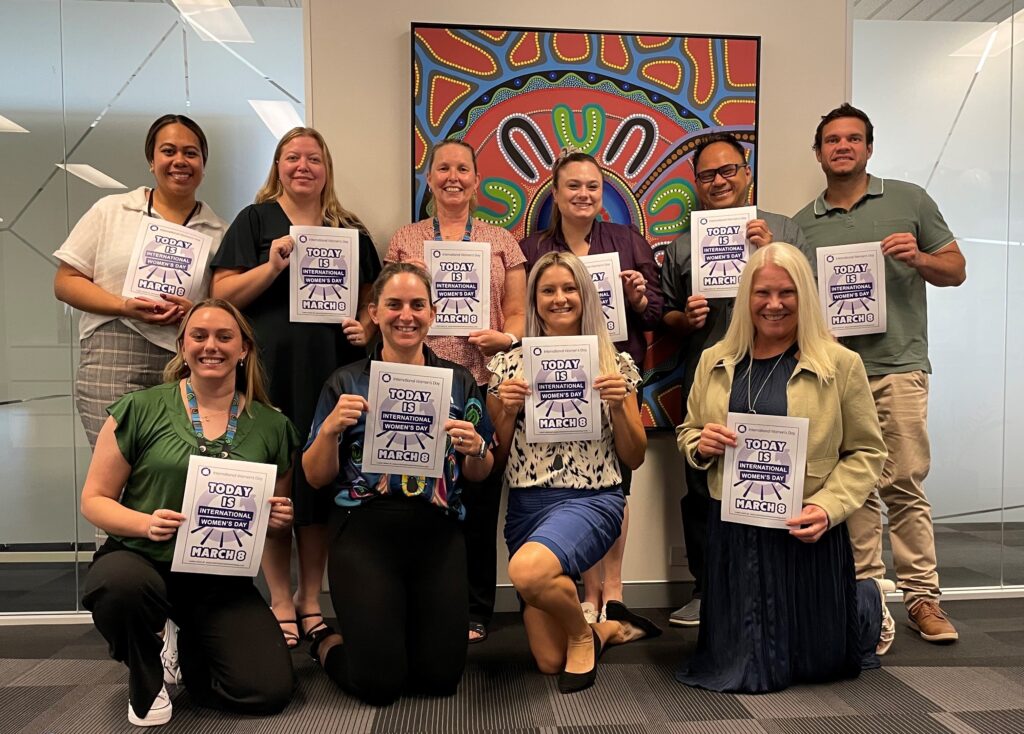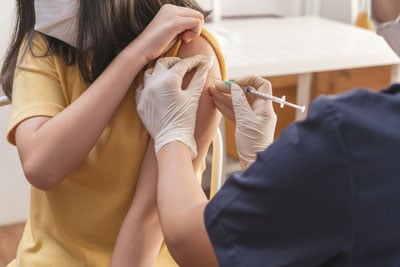05 March 2024

Southern Highlands GPs are invited to Specialists Unplugged – an opportunity to meet and establish relationships with local specialists, find out about new techniques and share experiences with your peers – at the Highlands Specialist Hub, Bowral.
The first meeting for 2024 is on Tuesday, 26 March, 6pm for a 6.30pm to 8pm get-together, where you’ll be able to grab a drink, a bite to eat and ask questions of specialists to assist you in supporting patients before, during and after the referral process.
The Specialists Unplugged meetings were first held before the outbreak of the COVID-19 pandemic and were well-received by participants. Meetings will be held quarterly and follow the same format. It is anticipated the series will eventually be rolled out at hospitals across South Western Sydney.
Those who attend the first meeting will meet gastroenterologist Dr Elizabeth O’Brien, who works at Bowral District Hospital and Southern Highlands Private Hospital, in addition to the Highlands Specialist Hub.
Dr O’Brien believes in the value of continuity of care and a holistic approach to management.
Her interests include: colorectal cancer screening; gastrointestinal bleeding; positive FOBTs; Inflammatory Bowel Disease; liver diseases; and Irritable Bowel Syndrome.
SWSPHN Primary Workforce Manager Bianca Lean encouraged GPs to take part in the small group meetings and to get to know the specialists who work at their local hospitals in an informal setting, with an open discussion and no set agenda.
“Building stronger relationships between GPs and specialists in their local area will make it easier for primary carers to stay up-to-date with changes and new techniques in a variety of specialities, and ensure they are better able to work together to streamline referral processes,” she said.
“GPs will also benefit from improved access to support in managing complex cases and guidance on where best to refer their patients, ultimately providing better outcomes for patients.”
GPs can self-record their CPD Hours for Specialists Unplugged. If you would like to know how to self-record CPD Hours, please stay behind after the meeting and our team will walk you through it.
If you would like to submit questions for the specialists before the meeting, please click this link.
Highlands Specialist Hub is at 113 Bowral Street, Bowral. There is parking at the rear of the building.
Light refreshments are provided.
Register for Specialists Unplugged – 26 March
Meetings are also planned for Tuesday, 4 June and Tuesday, 3 September (specialists yet to be confirmed), both at the Highlands Specialist Hub.
Email cpd@swsphn.com.au for more information about Specialists Unplugged.





